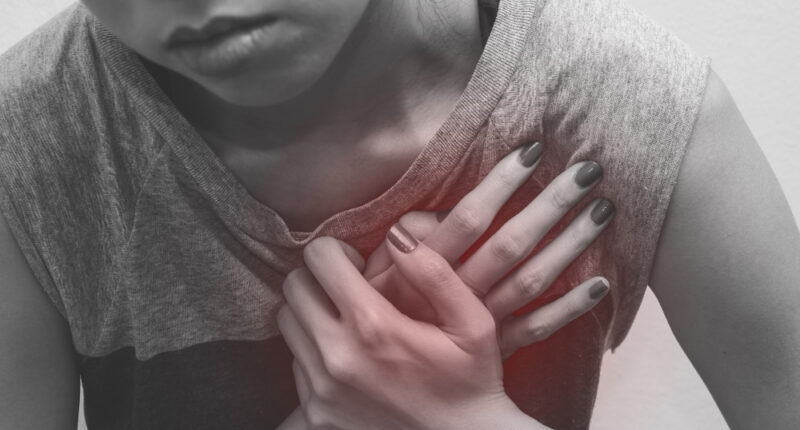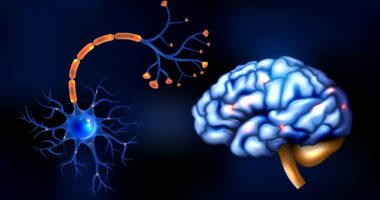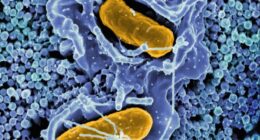Heart attacks are often associated with dramatic symptoms like severe chest pain, but for women, the signs can be more subtle and varied. Understanding these symptoms is crucial for early detection and effective treatment. In this blog, we’ll explore six critical symptoms of heart attacks in women that can help you recognize a potential cardiac event and seek timely medical help.
1. Unusual Fatigue
One of the most common yet least recognized symptoms of a heart attack in women is extreme fatigue. Unlike regular tiredness, this fatigue can be overwhelming and persistent, sometimes lasting for days or weeks before a heart attack occurs. Women may feel unusually tired or worn out despite getting adequate rest. This symptom is often mistaken for stress or overwork, but if it comes on suddenly or is accompanied by other symptoms, it’s essential to consult a healthcare professional.
2. Shortness of Breath
Shortness of breath is another critical symptom of a heart attack in women. This symptom might occur with or without chest discomfort and can be particularly alarming when it happens unexpectedly or during activities that usually don’t cause breathlessness. Women may experience this symptom during rest or sleep, making it more challenging to identify it as a heart-related issue. If you notice a persistent or unexplained shortness of breath, seek medical advice promptly.
3. Nausea or Vomiting
Heart attacks in women can manifest with gastrointestinal symptoms such as nausea, vomiting, or indigestion. Other signs like lightheadedness or discomfort in the upper abdomen may accompany these symptoms. Women might dismiss these symptoms as food poisoning or a stomach bug, but if they occur alongside other heart attack symptoms, it’s vital to get evaluated by a healthcare provider.

4. Pain or Discomfort in the Upper Body
While chest pain is a well-known symptom of heart attacks, women may experience pain or discomfort in areas other than the chest. This can include the shoulders, neck, arms, back, or jaw. The discomfort might come and go or be persistent, and it can vary in intensity from a mild ache to severe pain. Pay attention to any new or unusual upper body pain, especially if other symptoms like shortness of breath or nausea accompany it.
5. Sweating Abnormally
Excessive or unexplained sweating can also be a sign of a heart attack in women. This sweating is often described as cold and clammy, and it can occur even if you’re not engaging in physical activity or feeling overheated. This symptom, combined with other heart attack indicators, should not be ignored. If you experience sudden, profuse sweating without a clear cause, seeking medical attention is essential.
6. Lightheadedness or Dizziness
Feeling lightheaded or dizzy can be a significant symptom of a heart attack in women. This sensation might be accompanied by fainting or a feeling of impending doom. Women may experience dizziness when standing up suddenly or without any apparent reason. This symptom often occurs in conjunction with other heart attack signs and warrants immediate medical evaluation to rule out or address potential cardiac issues.
Conclusion
Recognizing the symptoms of a heart attack is crucial for timely treatment and improving outcomes. Women often experience heart attacks differently from men, with symptoms that can be more subtle or atypical. If you or someone you know experiences any of the symptoms mentioned—such as unusual fatigue, shortness of breath, nausea, upper body pain, abnormal sweating, or lightheadedness—it’s essential to seek medical help immediately.
Heart health is a critical aspect of overall well-being, and staying informed about the symptoms of heart attacks can make a significant difference in preventing severe complications. Regular check-ups with your healthcare provider, maintaining a healthy lifestyle, and understanding your body’s signals are critical to safeguarding heart health.
By being vigilant and proactive, you can take control of your cardiovascular health and reduce the risk of heart attacks. Stay informed, stay healthy, and don’t hesitate to contact a healthcare professional if you have any concerns about your heart health.









